Practicing proper hand hygiene
Hand hygiene is a crucial aspect of infection control within home care and healthcare settings to prevent the spread of infectious diseases. All healthcare professionals including nurses, Personal Support Workers and family caregivers have a responsibility to maintain a high standards of hand hygiene to protect themselves, patients, visitors, and colleagues.
Hand hygiene involves the removal of microorganisms using soap and water or the killing of microorganisms using alcohol-based hand rubs.
Watch this video on proper hand washing technique.
WHO: How to handwash? With soap and water - YouTube
Note on gloves: It is important to note that the correct use of gloves simply protects hands from direct skin contact with virus and microorganisms but gloves do nothing to remove or kill them. This is why hand hygiene is also an essential step in the correct use of gloves, but gloves never replace the importance of hand hygiene.
The Four Moments of Care in hand hygiene represent key times when hand hygiene should be performed in a healthcare setting:
Moment 1. Before patient contact: This moment includes hand hygiene before any physical contact with a patient, such as taking a pulse or blood pressure. This is best performed when entering a patient’s surroundings and/or again immediately before direct contact.
Moment 2. Before an aseptic task: This moment includes hand hygiene before performing any aseptic tasks, such as dressing or tending to wounds and bedsores, inserting a urinary catheter or starting an intravenous line.
Moment 3. After patient contact: This moment includes hand hygiene after any physical contact with a patient, such as bathing or helping them to use the bathroom.
Moment 4. After contact with patient surroundings: This moment includes hand hygiene after contact with the patient's surroundings, such as the bedrails, bedside table, or any medical equipment in the room.
Failing to perform hand hygiene at these crucial moments can increase the risk of transmission of microorganisms, including bacteria, viruses, and fungi. Healthcare-associated infections can lead to increased morbidity and mortality rates, prolonged hospital stays, and increased healthcare costs.
Notwithstanding the importance of these general principals, every facility and setting has its own hand hygiene rules, standards and practices. It is the responsibility of every caregiver, heath professional and visitor to know and follow the site-specific training and standards for each unique facility and healthcare setting. Healthcare professionals should be vigilant in performing hand hygiene at the four moments of care to prevent the spread of infectious diseases and protect patients, visitors, and colleagues. By adhering to the four moments of care, healthcare professionals can ensure a safe and healthy environment for all.
Call us at 416.595.5888
Email: care@ihal.ca



